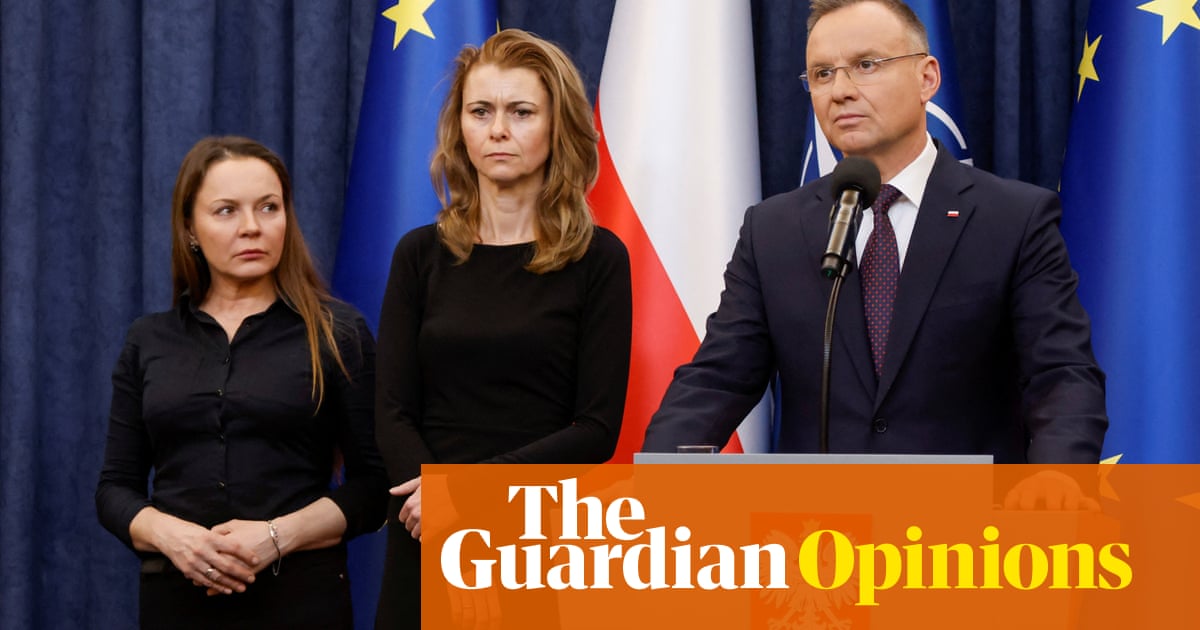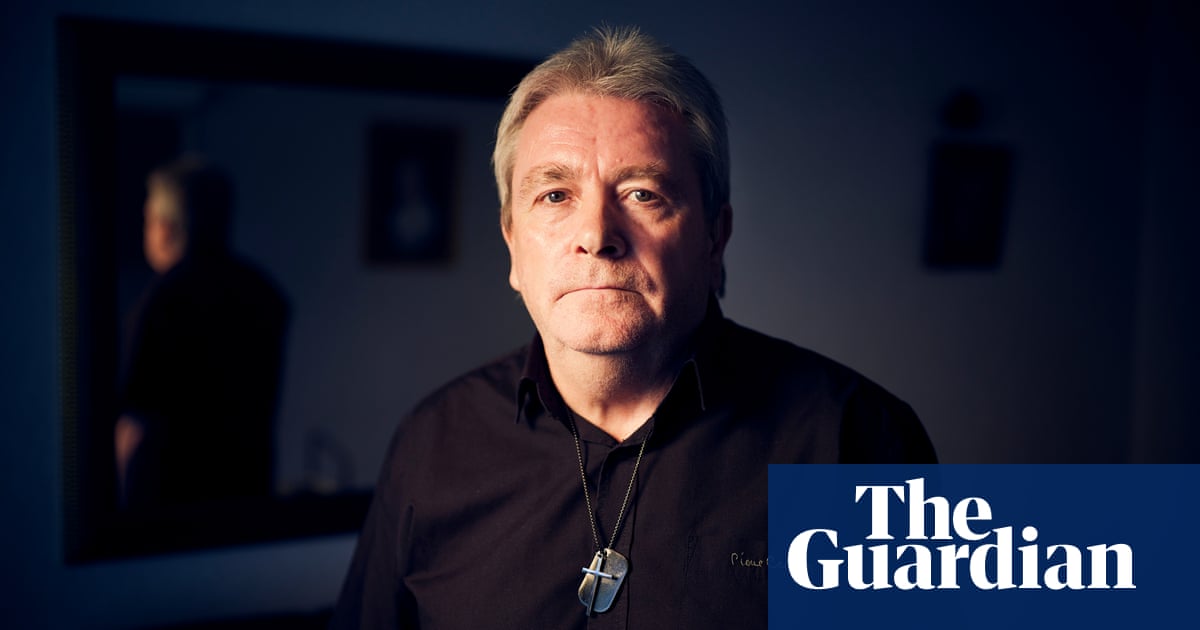
Paul Mason was born in Lancashire in 1960, the son of a headmistress and a lorry driver. He started his career as a music teacher before becoming a journalist in the early 90s. He joined BBC’s Newsnight as a business editor in 2001 and he later worked for Channel 4 News, jobs that took him to China, Gaza and across Bolivia. In 2016, Mason quit broadcasting to pursue writing full time. His latest book, How to Stop Fascism, draws from his own anti-fascist activism in the 1970s and 80s and explores how a new wave of fascism in the 21st century can be prevented from rising.
What prompted you to write the book at this particular moment?
In September 2019, I was on a peaceful pro-remain rally in Whitehall that got surrounded by quite violent Brexit supporters, who turned out to be Tommy Robinson fans. They were shouting: “Paul Mason, you’re a Marxist… you’re a traitor to our country.” Ten years ago, such people would have been talking about migrants taking our jobs, and now they’re worried about Theodor Adorno and Walter Benjamin. I realised something had changed: rightwing populism has been given intellectual coherence by the thought architecture of fascism. As someone who’s been involved in anti-fascism on and off for four decades, it made me think, I need to go back and relearn what fascism is.
Do you have a concise definition?
We need to be careful, because definitions are not explanations. And when you’re facing a phenomenon like the far right, that mutates quickly, definitions aren’t that useful. But for me, a definitive statement would be that fascism is the mobilisation of people’s fear of freedom after they’ve seen a glimpse of freedom – of the possibility that technological modernity and education and universal rights could actually free us. They’re not just afraid of other people becoming free. Deep down, they fear their own freedom, too.
Looking around the world, do you see fascism still as a sort of closet phenomenon, an incipient threat? Or has it realised itself anywhere?
There is no fascist state in the world. But modern fascism doesn’t want that, it’s happy for now. Its interests are being represented in government by rightwing populists and authoritarians such as Duterte, Erdoğan, Orbán, Bolsonaro and, I’m sorry to say, Johnson. Fascists are quite happy to see these leaders scour the insides of democracy and push narratives that undermine truth, the authority of judges, of academic institutions, because it’s in that space that the fascists do what they do, which is to prepare.
Who do you mean, exactly, when you talk about modern fascism?
I’m talking about fascist or far-right groups such as the Proud Boys in America and the online networks of white supremacists. In the UK, the far-right groups are small but their online influence is large. Who is the proxy for them? Well, they had the Brexit party, they had Ukip, and now they’ve got parts of the Tory party. Rightwing populism is no longer functioning as a kind of firewall that protects us from fascism. It’s functioning as an accelerator.
Is there clear evidence that these groups are on the rise?
There’s no better evidence than the fact that they managed to storm the legislature of the oldest democracy in the world. The evidence in Germany is the double-digit growth for the Alternative für Deutschland, and in Spain the 3 million votes for the Vox party. We can’t obsess about membership figures because, in a networked society, membership figures aren’t the issue. It’s who’s retweeting, who’s posting 10 times a day on a secret Facebook group, and it’s a lot more than a few thousand people.
Do you feel we are underestimating the fascist threat?
Pentti Linkola, the late Finnish ecofascist, basically said the Earth can sustainably support about half a billion people, and the other six and a half billion ought not to exist. When it comes to choosing who to cull, the implication for modern ecofascism is: those whose future economic development is detrimental to the Earth – in other words, the peoples of the global south. Linkola said this has to happen, if necessary, through war and genocide. Hitler thought in millions. Modern fascism is thinking in billions. And if you believe there’s even a 5% chance that these guys will one day find their path to power, we should be doing far more to debunk and pre-bunk their ideas.
What else should we be doing to stop fascism?
Hannah Arendt described fascism as the temporary alliance of the elite and the mob, and the only thing that ever defeated that was the temporary alliance of the centre and the left – and that’s what we need. We need a better institutional response, meaning anti-fascist laws of the kind that Germany has, including official state surveillance of non-violent groups that are headed towards fascism. But deeper than all of that, we need to create and hold on to an anti-fascist ethos. There is now an overt and legitimised hostility to anti-fascism, because Trump has redefined what it is, by stirring up fear of antifa.
You quit broadcasting in early 2016, just before Brexit, Trump and all that followed. Do you regret missing the opportunity to cover those things as a news journalist?
No, I quit in order to be able to have an opinion for them. I found that the truth I was able to tell in a documentary produced outside Channel 4 was closer to the truth than the truth I was telling for Channel 4. Not because Channel 4 News is in any way bad. It’s probably the greatest place I’ve ever worked. But the constraints of public service broadcasting, I think, were getting in the way of the truth. For them the first thing is impartiality.
Which British politicians do you rate?
Above all Clive Lewis, who understands the need for a central-left alliance, and for it to be based on an ethical anti-fascism. I think Caroline Lucas also gets it, and so does Jamie Driscoll, the North of Tyne mayor. Nadia Whittome is a young MP who speaks for her generation. But that’s about it really.
What books are on your bedside table?
I’m not a huge reader of modern fiction, though I did enjoy Arkady by Patrick Langley. I’m reading a lot about thermodynamics at the moment and I’ve got a textbook by the Nobel prize winner Ilya Prigogine, and the lovely book Helgoland by Carlo Rovelli. I am a huge fan of Thomas Pynchon, I reread his big books every year. I am also a huge fan of Virginia Woolf – both her fiction and nonfiction.
Which nonfiction writers working today do you particularly admire?
Well, Rovelli is one. Adam Tooze is another. Natasha Lennard, Richard Seymour and Laurie Penny – everything they produce I consume and find value in.
What kind of reader were you as a child, and which books and authors have stayed with you since childhood?
The big lightbulb moment for me was reading Frank Herbert’s Dune when I was 12. I was bought it for my birthday and I literally lay on the floor and read the entire thing in a day. The central concept is something that informs my politics: that the things that are done to the most oppressed people on Earth make it possible for them to defeat the biggest evils on Earth. That was the lesson I took away from Herbert. And I remain of the belief that those to whom bad things are done can find the moral courage to fight back successfully.
What’s your writing routine?
I write quite early. My partner is legendarily frustrated by the fact that I’m sometimes up at 4am. I love the darkness of the early morning.
How to Stop Fascism by Paul Mason is published by Allen Lane on 26 August (£20). To support the Guardian and Observer order your copy at guardianbookshop.com. Delivery charges may apply











